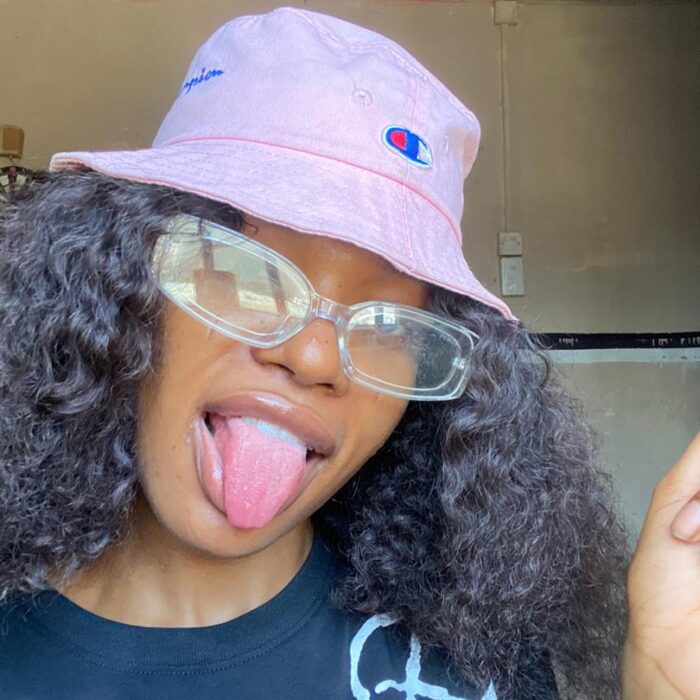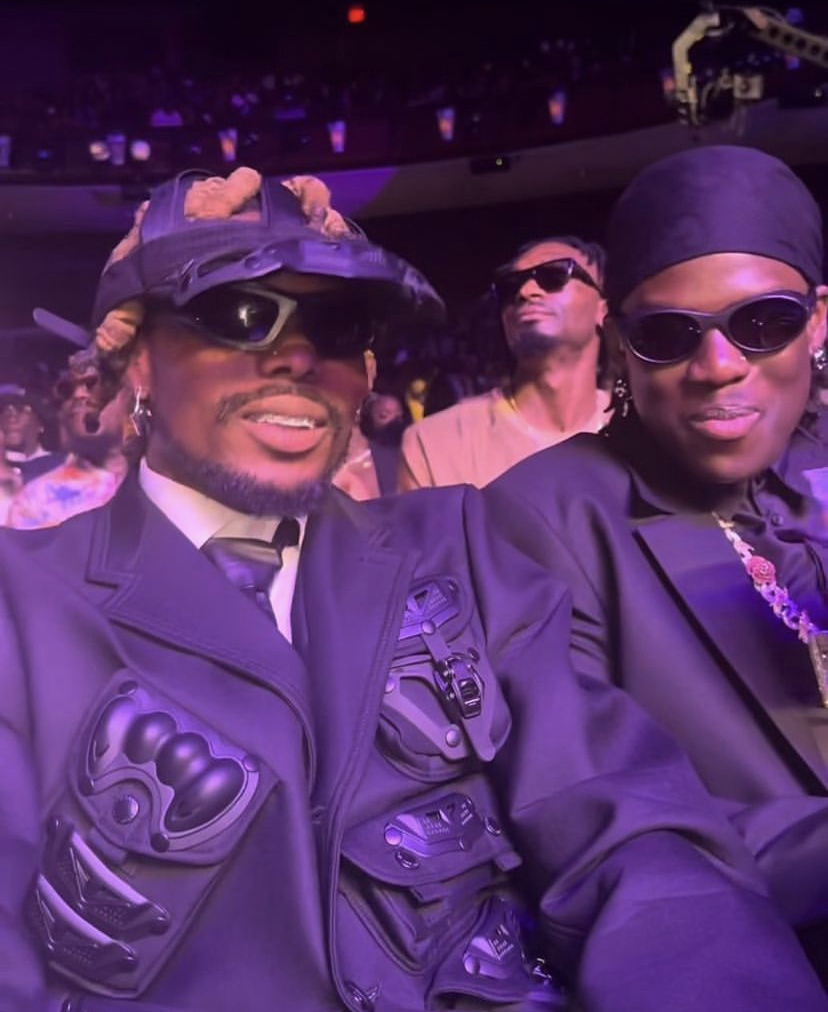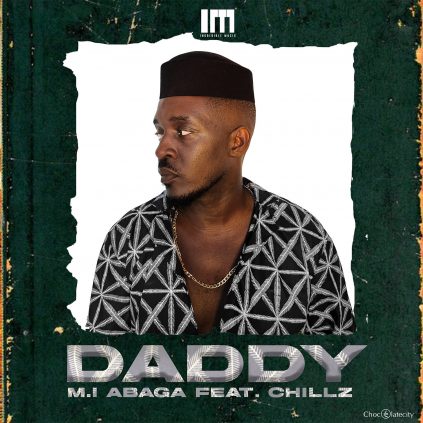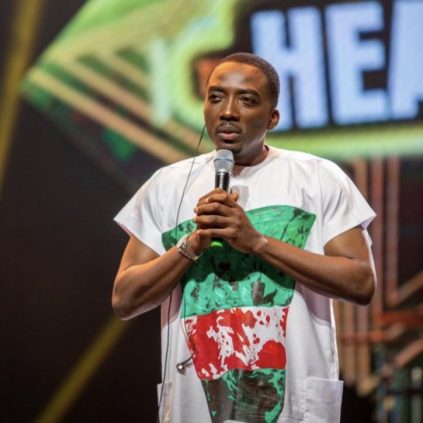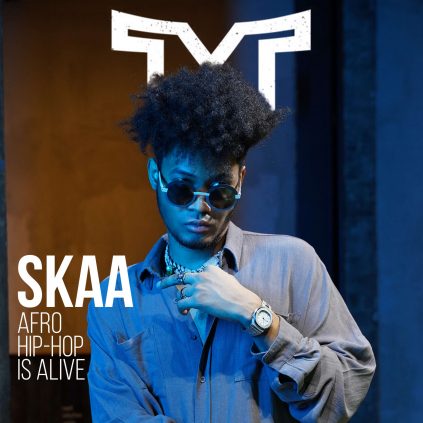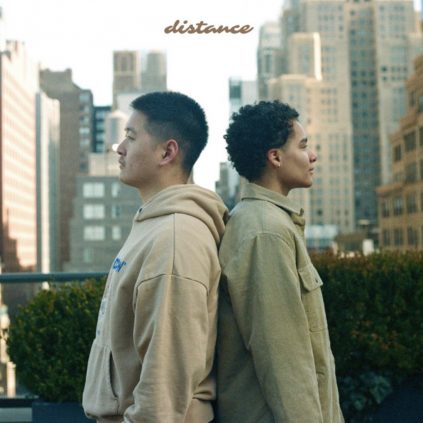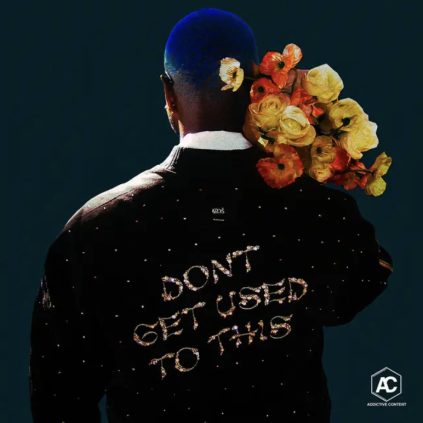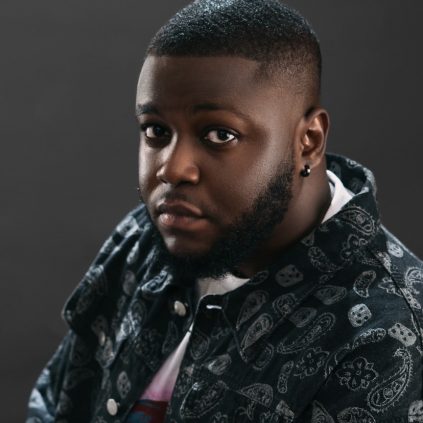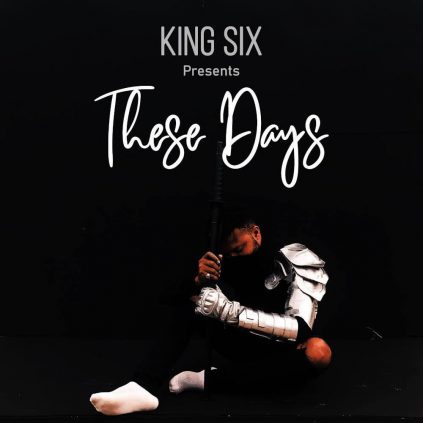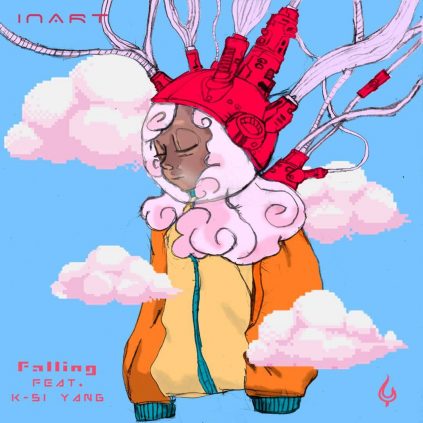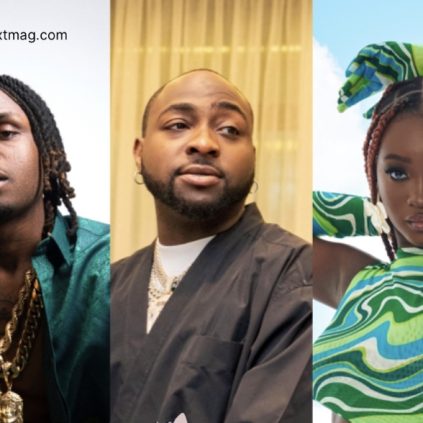The Headies last year was a disaster of unprecedented proportions. Following the organisation’s decision to move the ceremony to the United States, the announcement of this new development was met with deserved outrage and a resigned hope for better production values.
All of that hope quickly washed away on September 5th, 2022, when the show was besieged by technical errors, the presenters were ignorant of the culture, and the co-host, Anthony Anderson, was borderline disrespectful to African music at large. Thus, with the 16th Headies approaching, you got the sense that people just didn’t care. It was still being held in Atlanta, and there was yet another American co-host, sure to know nothing about Nigerian music or culture.
Well, this show was better. Objectively, it was terrible, but still, it was better. For one, the technical glitches were legion but less than the former. There were still awkward spaces between segments, like there was no run-through or rehearsal. The voice-over and announcer sounded like cheap knockoffs of Nigeria’s “Big Brother”. The cuts to commercials were abrupt and hackneyed. The red carpet seemed like something straight out of a university undergrad dinner, and the camera quality reeked of shows shot in the early 2000s. But it was better than last year, and that’s progress.
The performances, however, did not improve. In fact, one could argue they were worse. It seemed as though The Headies searched for a team of average dance crews, divided them up into fours, distributed them to the different performers, and left them to their fate. Seyi Vibez was particularly bad, as he stumbled around the stage looking just as confused as we were. However, Kcee, Black Sheriff, and Asake gave decent performances considering what they likely had to work with.
We must also consider the egregious omission of female categories from the main award ceremony; exclusively female categories, e.g., Best Female Artist and Best Vocal Performance (Female), were not broadcast in the main ceremony, leading many to label the awards misogynistic and call out the double standards for women in the music industry.
While those allegations may be independently true, it is inappropriate to cite this instance as a complete example of that. The awards were likely not handed out because none of the nominees were in attendance. The optics are terrible, but it is important to call things what they are. One could argue that this is a case of mostly poor planning with an undercurrent of misogyny. Also, no female performers?
And then came Rema. The global superstar graced the Headies stage and delivered possibly the most iconic speech in the award’s history.
It really needs to be emphasised that Rema did not have to be there (even the Headies is notorious for not taking itself seriously). Aside from selling out theatres around the world, his hit song “Calm Down” is predicted to rank No. 2 on IFPI’s list of best-selling singles in the world. One could argue that no African artist has ever been bigger than he is, and still, he thought it important to come back home (well, Atlanta, but you get the point).
The resulting speech asking for renewed support of our institutions is possibly the most iconic Headies moment since the Next Rated debacle back in 2016. It might have been a small step for Rema, but it is a giant leap for Afrobeats.
All in all, The Headies is still deeply flawed. But with the help of Rema and slightly better production values, there is visible improvement. It’s not good, but it’s better and that counts for something.

